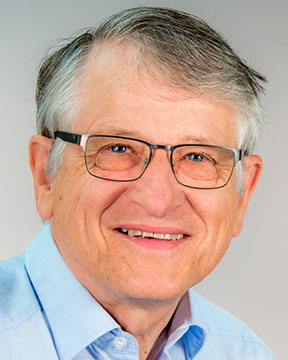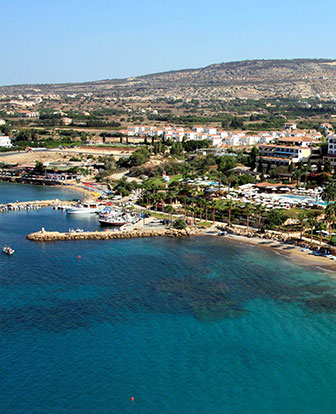



















 |
Ioan-Cezar MarcuLaboratory of Chemical Technology & Catalysis, Faculty of Chemistry, University of BucharestOxidative Dehydrogenation Of Light Alkanes Over Oxide-based Catalysts: Enhancing The Selectivity 5th Intl. Symp. on New and Advanced Materials and Technologies for Energy, Environment and Sustainable Development Back to Plenary Lectures » |
Abstract:Oxidative dehydrogenation (ODH) of light alkanes may offer a promising alternative for the production of the corresponding alkenes compared to the simple dehydrogenation. This is because ODH has the advantage of an exothermic reaction without thermodynamic limitations and with a low risk of catalyst deactivation through coking since the reaction is run in an oxidative environment. Nevertheless, the main difficulty in obtaining high alkene yields by ODH of light alkanes arises from the fact that the alkene is more reactive than the corresponding alkane, thus being prone to further oxidation to produce carbon oxides. Indeed, ODH of light alkanes proceeds through sequential (Alkane --> Alkene --> Carbon oxides) and parallel (Alkane --> Carbon oxides) oxidation steps, the secondary reactions, i.e. the deep oxidation of both alkane and alkene, being more thermodynamically favorable than the oxidative dehydrogenation. Consequently, the catalyst should significantly accelerate only the chosen sequence of elementary steps and suppress all other possible elementary steps, parallel or consecutive. Several approaches should be considered to meet this selectivity challenge: (i) using carbon dioxide as soft co-oxidant; (ii) isolation of the active-site; (iii) the decrease of the lattice oxygen reactivity and (iv) increasing the catalyst basicity. All these approaches will be illustrated with relevant examples from our own research work on this subject published in the last decade [1-10]. References:1. G. Mitran, R. Ahmed, E. Iro, S. Hajimirzaee, S. Hodgson, A. Urda, M. Olea, I.-C. Marcu, Propane oxidative dehydrogenation over VOx/SBA-15 catalysts, Catal. Today 306 (2018) 260-267. |
|